- Free schools for IDP children in Arakan State struggle to stay open amid funding shortfall
- Female-headed IDP households in Ponnagyun Twsp struggle as commodity prices surge
- Min Aung Hlaing likely to take State Counsellor role in post-election government formation: Analysts
- Hindus express hope for educational reform under AA administration
- Arakanese zat pwe performers struggle to survive as conflict halts traditional shows
World Bank paints dire picture of Myanmar financial sector’s future
The World Bank has warned that due to the Covid-19 pandemic and the military takeover in Myanmar, financial sector reforms of the past decade are “at severe risk of stagnation or reversal.”
16 Jul 2022
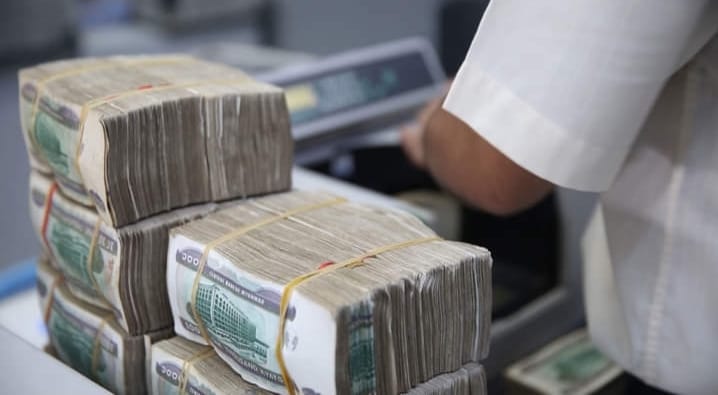
DMG Newsroom
16 July 2022, Sittwe
The World Bank has warned that due to the Covid-19 pandemic and the military takeover in Myanmar, financial sector reforms of the past decade are “at severe risk of stagnation or reversal.”
Myanmar’s situation is described in a World Bank Policy Note on financial sector reforms in Myanmar, which was released on July 8.
“During Myanmar’s decade of reforms, financial sector reforms were widely recognized to be a critical underpinning of Myanmar’s democratization process, enabling the transition to a more egalitarian, accessible economy,” said the note, describing a pre-reform period in which trust in the underdeveloped financial sector was extremely low among the public.
While lauding the reform era progress, the World Bank warned: “Events in the last two years have served to seriously undermine the hard-won progress made in bringing Myanmar’s financial sector into the 21st century. While Myanmar’s financial sector was not alone in experiencing the debilitating impact of the COVID-19 pandemic, the coup of February 1, 2021, and the political and economic uncertainty that followed have uniquely de-stabilized the system.”
A person doing research on the Myanmar economy who did not want to be named said a major aspect of the World Bank’s pessimistic outlook was the junta’s restrictions on the use of foreign currency and the departure of foreign-invested companies in the country.
“The regime has restricted the use of foreign currency, and in particular, businesses are no longer allowed to hold US dollars, which are used to pay for most goods. The departure of foreign-invested companies from Myanmar has completely affected the financial sector,” the researcher explained.
Across much of Myanmar, the sustained upheaval that has followed the military coup currently makes investment in the country a non-starter for many multinational companies.
“It is not possible for foreign companies to invest in Myanmar for the time being. The military junta even limits the use of dollars. The regime has set a price of K1,850 per dollar, but the actual price on the outside market is around K2,200. Investments by foreign companies will return only after there is political stability in the country,” said a local businessman.
A labour activist who spoke on condition of anonymity said that this decision may further pressure foreign joint venture companies operating in the country to leave, exacerbating an already lacklustre jobs market.
“If this order were to be issued, it would be like forcing foreign joint venture companies that are currently operating to leave Myanmar. Garment factories in particular are worse off because of this decision. Jobs have been scarce in Myanmar. If this is the case, there will only be more people going abroad to work,” said another labour activist.
Adding to concerns about regime authorities’ handling of the economy, the Central Bank of Myanmar on July 13 issued a directive instructing domestic borrowers to suspend their foreign loan payments in an apparent bid to conserve the country’s depleted foreign exchange reserves.
The World Bank estimates that Myanmar’s economy shrank by 18 percent in the fiscal year ending September 2021.





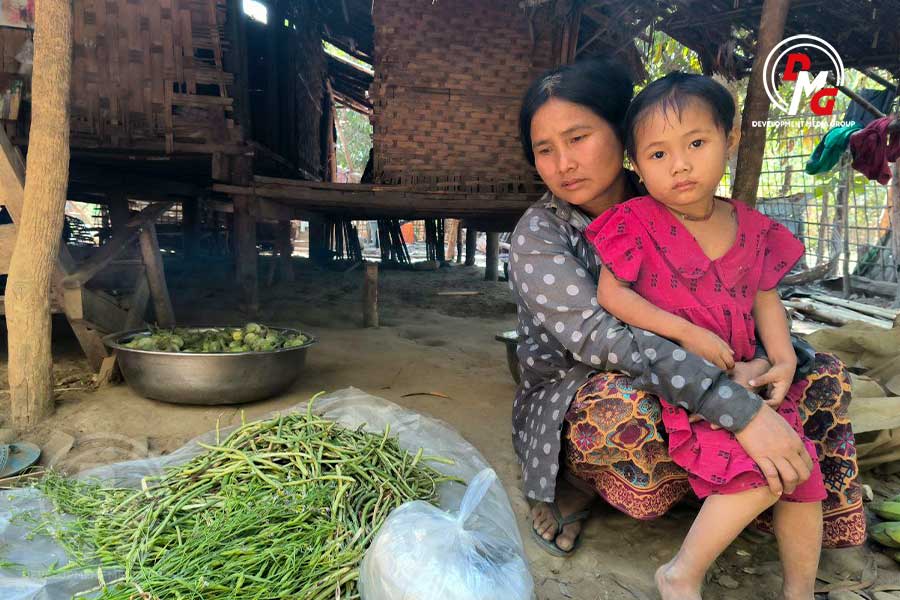
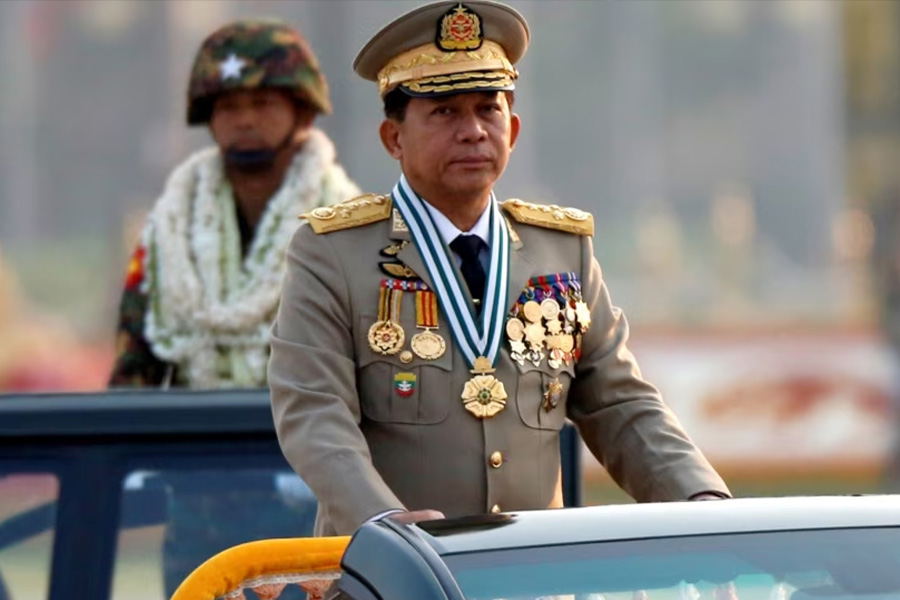
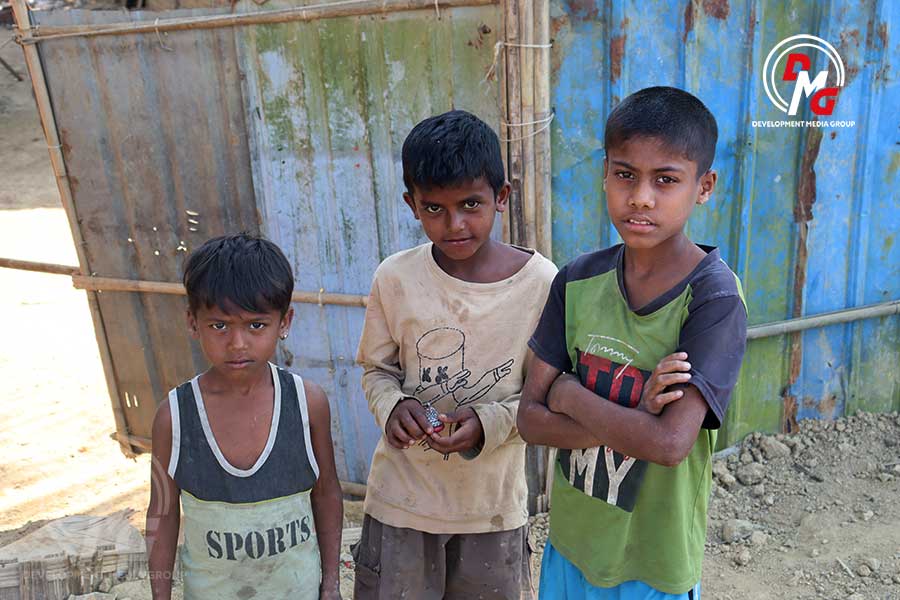
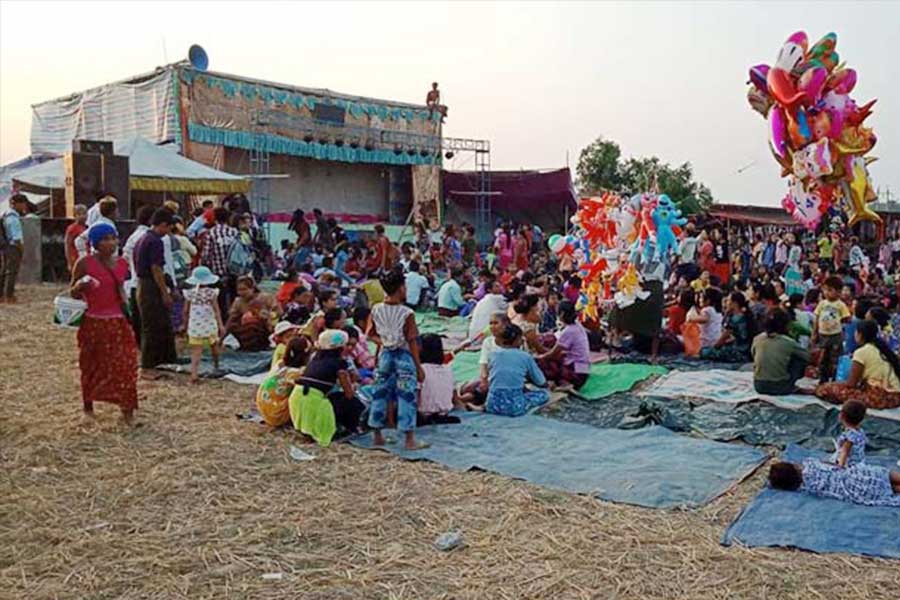








.jpg)